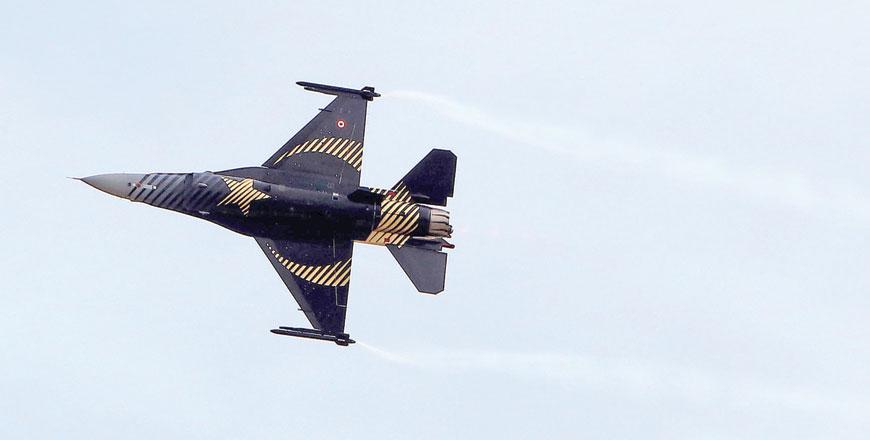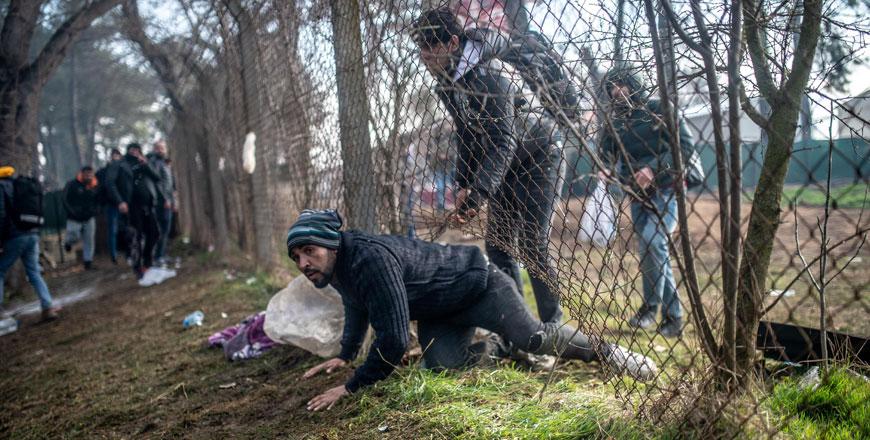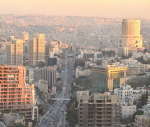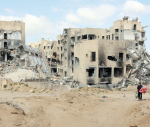You are here
Putin, Erdogan look to defuse Syria crisis at Moscow talks
By AFP - Mar 05,2020 - Last updated at Mar 06,2020
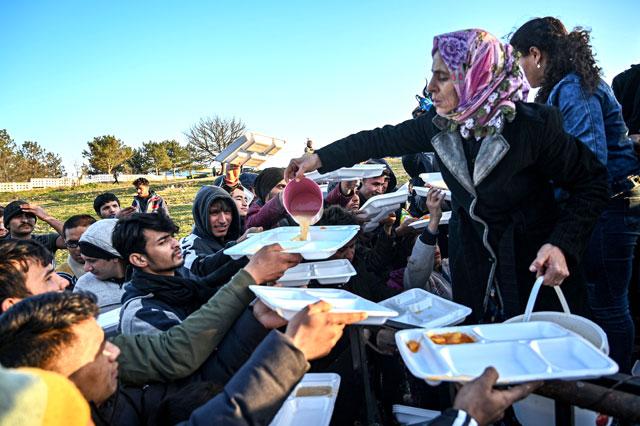
Women serve migrants food near the city of Edirne, northwestern Turkey, as they wait to cross the Meritsa River by boat and enter neighbouring Greece on Monday (AFP photo)
MOSCOW — The leaders of Russia and Turkey met in Moscow on Thursday after a surge in fighting in Syria raised fears of their armies clashing and launched a new migrant crisis.
Turkish President Recep Tayyip Erdogan is hoping Russia's Vladimir Putin will agree to a rapid ceasefire in Idlib, the northwestern province of Syria where Ankara is battling Moscow-backed government forces.
"The entire world has its eyes fixed on us," Erdogan said at the start of the talks, stressing that decisions were needed to "calm the region and our two countries".
Putin said the situation in Idlib had become so tense that it was time for "a direct personal conversation" between them.
Pointing to the losses suffered by both Turkish and Syrian forces, Putin said: "We need to talk about everything, so that nothing like this happens again and it does not destroy Russian-Turkish relations."
Intense fighting has killed dozens of Turkish soldiers in Idlib in recent weeks, as Ankara for the first time launched a direct offensive the Syrian army.
The Syrian government’s attempt to take Idlib has forced close to a million civilians to flee their homes and prompted Erdogan to open Turkey’s border with Greece to refugees and migrants.
Turkey has demanded European Union support for its actions in Syria and some in the bloc have accused Erdogan of using migrants as “blackmail”.
Trading accusations
Ankara wants the Syrian army to cease their assault on the province, the last rebel stronghold in Syria, and pull back behind lines agreed under a 2018 deal with Russia brokered in Sochi.
Turkey has long backed some rebel groups but its priority now is to stop another influx of refugees.
Despite supporting opposing sides in the war, Russia and Turkey have worked to try to resolve the nine-year conflict and avoid direct confrontation.
But that relationship has been strained in recent days, with the two sides trading accusations of violating the Sochi deal, which created a buffer zone and allowed for the deployment of 12 Turkish observation posts.
Migrants mass
on border
UN Special Envoy for Syria Geir Pedersen urged Putin and Erdogan to find an “immediate diplomatic solution” to the crisis “that could spare civilians further suffering”.
Erdogan warned Europe on Wednesday that it must support Turkey’s “political and humanitarian solutions in Syria” if it wants to avoid a repeat of the 2015 migration crisis.
Thousands of migrants have massed at the Turkish-Greek border since Erdogan gave them the green light to try to enter Europe, leading to clashes with Greek police.
Turkey hosts roughly 3.6 million refugees from Syria — and hundreds of thousands from elsewhere — and Erdogan’s move has sparked concern in Europe of a renewed influx of migrants.
Washington urged Europe to get behind Ankara’s military operation on Thursday, with the US special representative for Syria, James Jeffrey, saying in Istanbul: “We are pressing the Europeans to contribute a great deal.”
The EU is preparing an additional 500 million euros in aid for Syrian refugees in Turkey to ease tensions with Ankara, European sources told AFP on Thursday.
The funding offer comes after EU officials accused Turkey of “blackmail” by opening its border with Greece last week to thousands of refugees trying to reach Europe.
The spat had raised the spectre of a repeat of the 2015-2016 migrant crisis.
The money will be in addition to the 6 billion euros allocated in 2016 to finance programmes to support roughly 3.6 million Syrian refugees in Turkey.
That was part of an EU-Turkey deal that dramatically cut the flow of migrants crossing the Aegean Sea to Greece.
Turkish President Recep Tayyip Erdogan said on Monday he had already rejected an EU offer of one billion euros.
“They tell us, ‘we will send you a billion euros.’ Who are you trying to fool?... We don’t want this money,” he said.
Turkey has yet to react to the latest offer.
Related Articles
ANKARA — Turkey's president on Wednesday warned a fresh migrant crisis could be resolved only if Europe supports its efforts in Syria, as vi
ANKARA — Turkey shot down two Syrian warplanes on Sunday in an escalating offensive against the Syrian government as Ankara pressured Europe
PAZARKULE, Turkey — Turkey's President Recep Tayyip Erdogan on Saturday threatened to let thousands of refugees cross into Europe and warned



